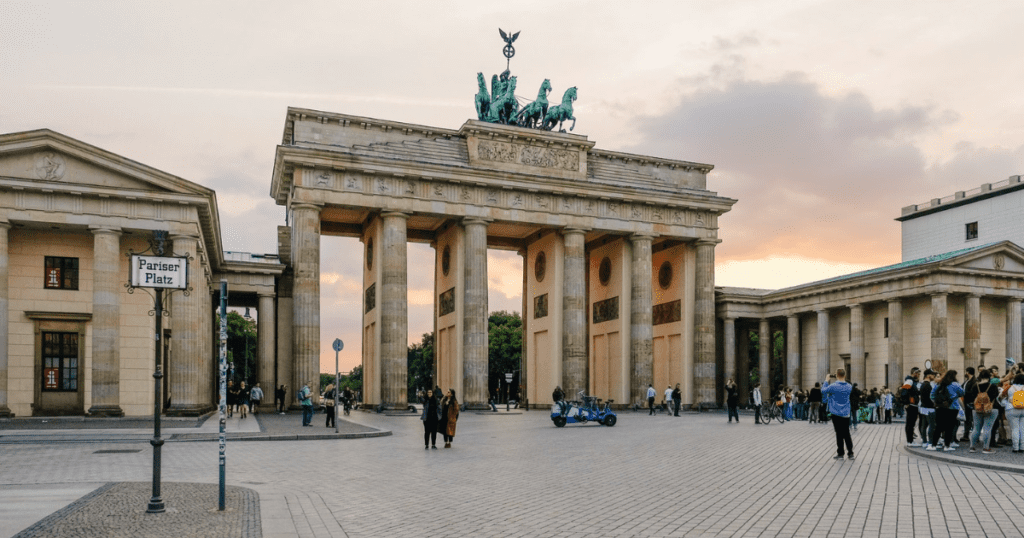If it is your first time visiting this spectacular country, I have some useful, practical tips for you to make it an even more memorable one.
Here are six useful things to know before visiting Germany.
Let’s get started!
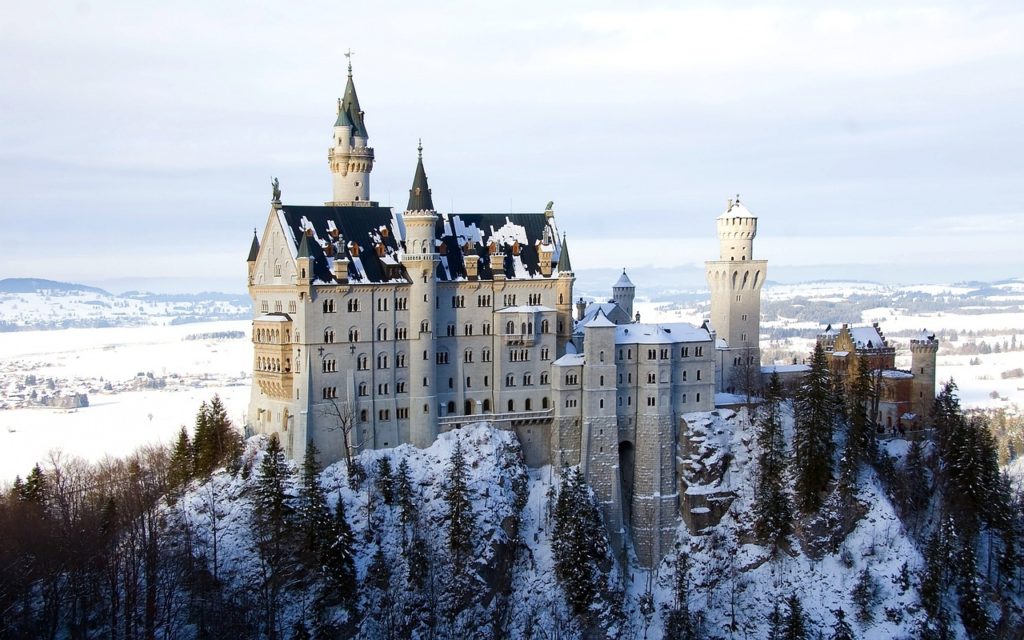
Germany is ‘Wunderbar’
This European country of over eighty million people is one of my favourite countries on the planet.
Germany is ‘wunderbar’.
A country of cultural flavours and experiences with everything from the lights of the Christmas Markets in Berlin, to Munich’s famous Oktoberfest and the Neuschwanstein Castle giving fairy tale lovers a taste of romance, few places can provide a better travel itinerary to suit all tastes.
Europe’s second most populated country (behind Russia) has a mild climate that provides opportunities to visit all year round.
An affordable travel destination if you are smart, the cities and larger towns all have public transport networks that are reliable and super easy to use.
From driving on the autobahns, strolling the streets of medieval cities and towns or being awestruck by its castles, palaces and historical sites, Germany is a country that has the ‘wow’ factor in so many ways.
If you want to get away from pounding the pavement in the cities and towns, the Bavarian alps have some of Europe’s most spectacular mountains and alpine lakes for you to enjoy. Some of Europe’s best skiing can be found here in the winter months.
In the warmer months, hikers can enjoy a trail network of over 300,000kms long, some of the most extensive on the continent.
The culinary options will make you want to return again and again.
The leberkase is something that every person needs to try once in their life, washed down with a German beer in a traditional stein glass for a truly authentic experience.
Wine may be associated mainly with its more famous neighbours such as France or Italy, however, Germany has a vastly underrated wine scene.
Produced mainly in the southwest of the country, there is more to German wine than Riesling. You can find a variety of white, red and sparkling wine sourced from nearly 3,000 vineyards to suit any palate.
Like anywhere though, there were a few surprises to get used to the first time I visited. International travel provides these little quirks wherever you go.
Germany is no different.
So on that note, here are six things, six little tips for making your German trip experience just a bit easier.
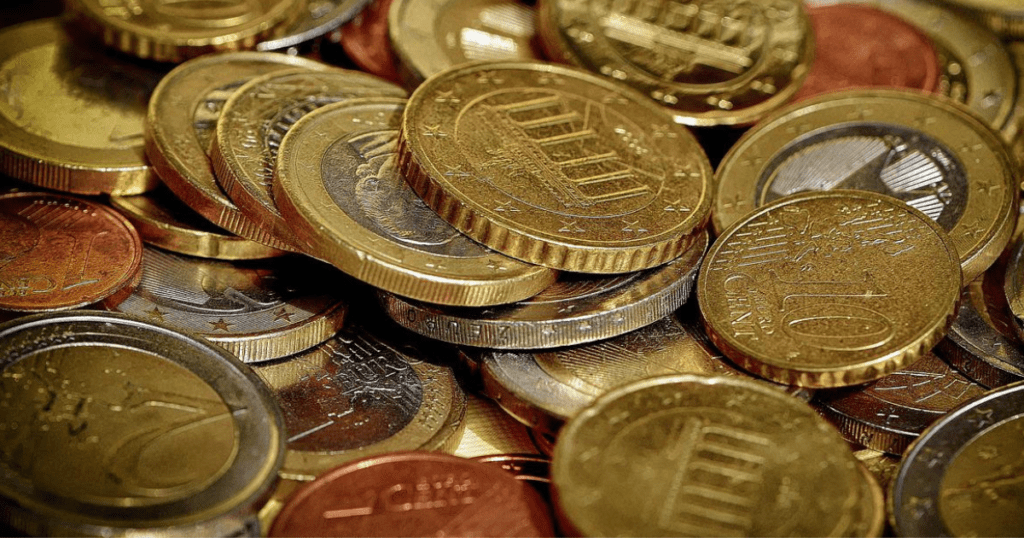
Keep Some Loose Change Handy at all Times!
Nearly all public toilets require a small cash fee.
There is no shortage of these vital amenities, however, from shopping malls to train stations and most places in between, you can expect to pay.
Easy enough to find, look out for the familiar ‘WC’ or ‘Toiletten’ sign in public areas. You can pay anywhere from 25c in some places or up to 1 Euro outside the Reichstag that I paid in Berlin one cold afternoon.
To prevent any potentially embarrassing situations, for young and old, keep some coins handy!
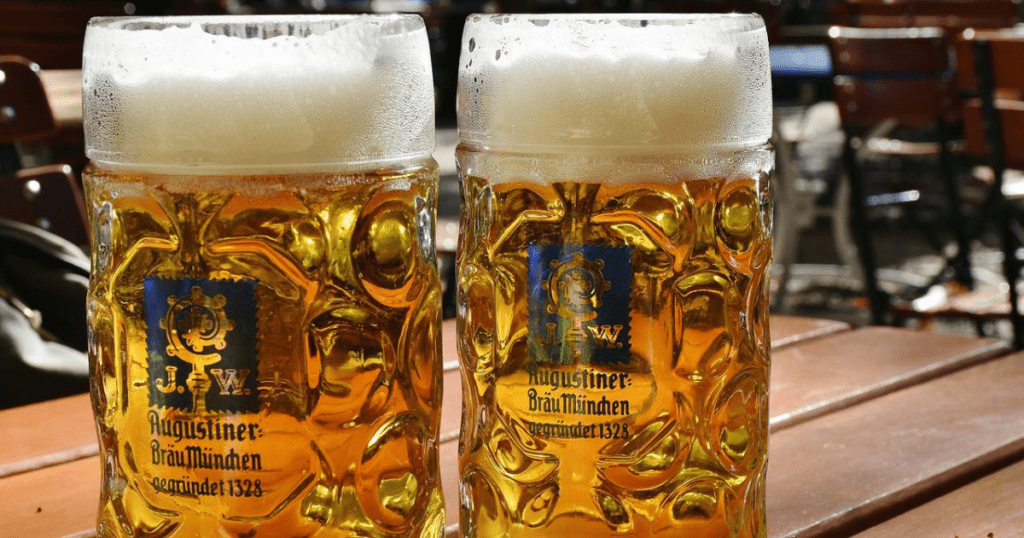
Be Prepared to Pay a Deposit on your Glassware in Bars
A visit to a ‘Biergarten’ in Germany is an awesome experience.
The opportunity to enjoy a beer or two out of the traditional stein, a 950ml glass, or some delicious ‘wurst’ (sausage) with mayo and curry sauce, the German ‘Biergarten’ is one of life’s finest pleasures.
A unique custom in Germany is you will be required to pay a small deposit, usually one or two euros, on any glassware you are served with. Don’t worry, you can get it back once you return your glass before you leave.
A word of advice, the deposit does not mean you can take the glass home.
If you decide to pocket your stein as a souvenir and you get caught, you could well get yourself in some unnecessary trouble from the relevant authorities.
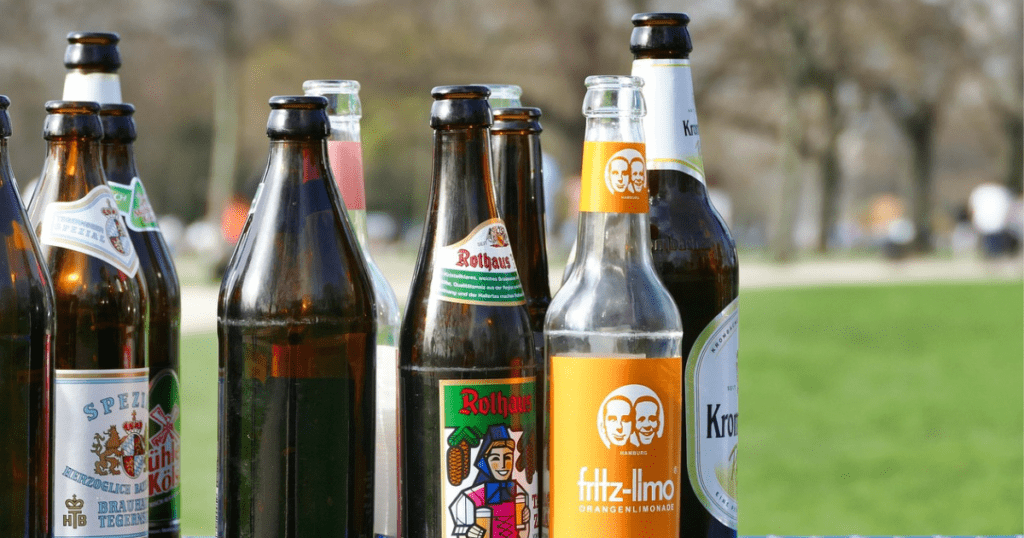
The ‘Pfand’ Recycling System
The Pfand recycling system has been around since the 1920s in Germany.
I would love to see it used more widely around the world.
When you buy a recyclable bottle in a supermarket or shop and depending on whether it be reusable plastic or glass, you will be required to pay a surcharge of between .08c – 0.25c per item.
This extra charge can be seen separately on the pricing labels.
This deposit is refunded by returning any of your recyclables to either the store you bought them from or the many vending machines found near supermarkets.
Simply return the recyclables into the machine, keep the receipt and either cash it in at the till or use the credit towards your shopping bill. Easy!
A novel recycling idea, the Pfand system has led directly to a much cleaner environment, clear of unsightly wasted plastic and glass bottles.
In Berlin (and no doubt across the country), I spotted many homeless people who used this system as an income source, a win/win system!
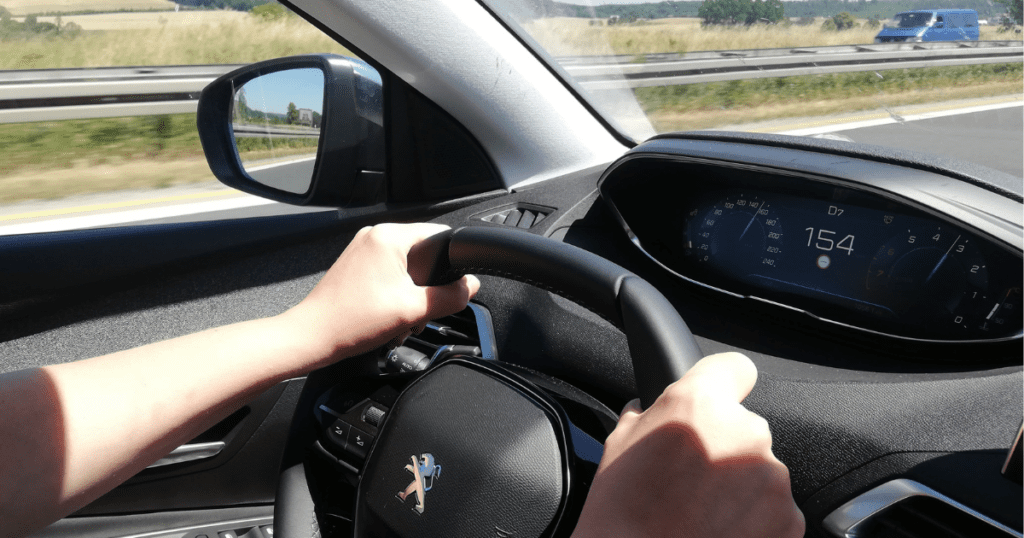
Speed Cameras are Everywhere
A word of warning.
Despite Germany’s international reputation for fast driving on the Autobahns, this country takes speeding very seriously.
Ironically, I was warned by a German friend when we arrived. One hot afternoon, my friend Dieter pointed out the small box on the roadside near his home.
‘That is a speed camera, be careful’.
Soon enough, I started spotting them everywhere. On country roads, in residential areas, you name it. I thought I had survived unscathed when a couple of short months later, a ticket arrived through the post.
Only a minor infringement, the clear picture of me at the wheel was enough to make me shake my head and wish I had taken Dieter’s advice more seriously.
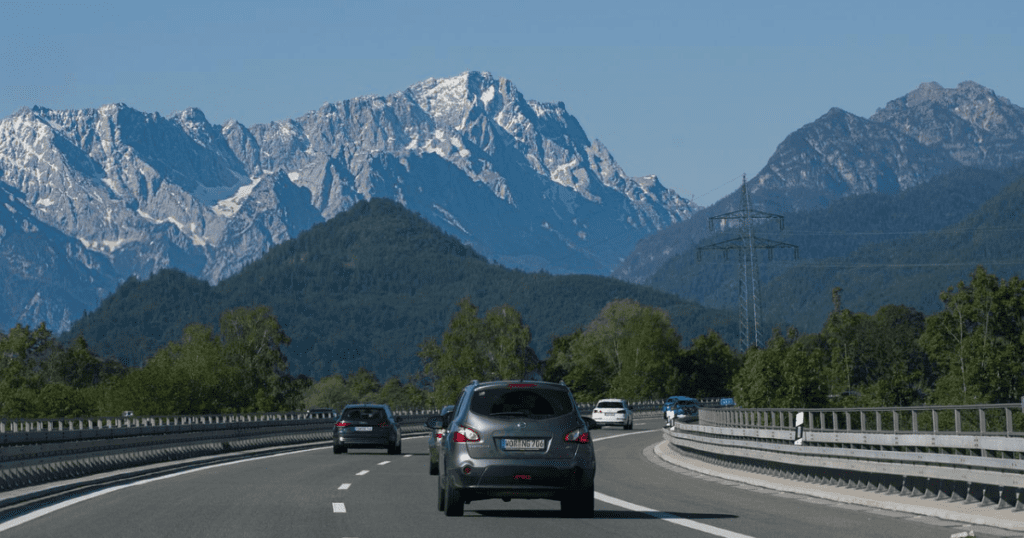
No Trucks on Sundays
Another tip for the roads.
On Sundays and public holidays (also Saturdays during July and August), trucks are banned from the roads.
This law has been around since 1956, and results in the roads being significantly quieter, both in traffic volume and in the ears. If you plan on some big road travel days, try and do it on a Sunday.
I loved driving in Germany at any time, but the experience of driving on a truck-free autobahn made it so much sweeter.
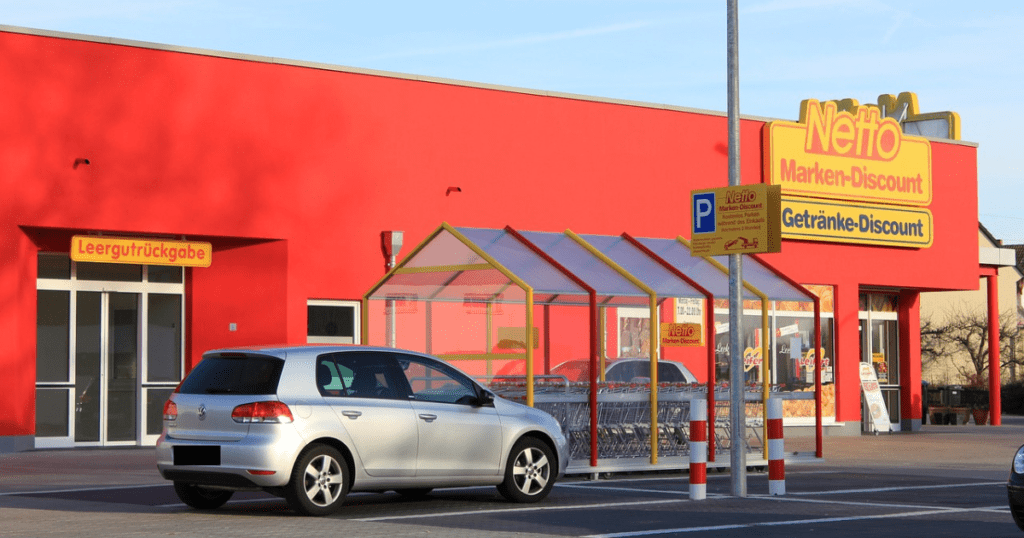
Supermarkets are Closed on Sundays
On Sundays and public holidays, all supermarkets and most retail outlets are closed by law.
Only petrol stations, some restaurants and a handful of other places are allowed to open.
The law originates from Christianity in which Sunday is the day of rest. Different states throughout Germany have slight variations but don’t expect much to be open on a Sunday.
Anywhere.
If you are like me at all and assume you can pop down to the shops at any time, keep this important rule in mind.
A packet of crisps and a sandwich from a petrol station in Nuremberg on a Sunday is not the culinary experience I want to remember from the medieval city.
Conclusion
So there you have it. Six tips I hope you find handy for your visit. Germany is a country I would love to return to soon. If only for some delicious leberkase.
Have you been to Germany before?
If so, I would love for you to share your practical travel tips in the comments.
